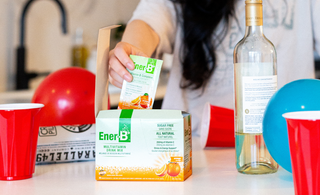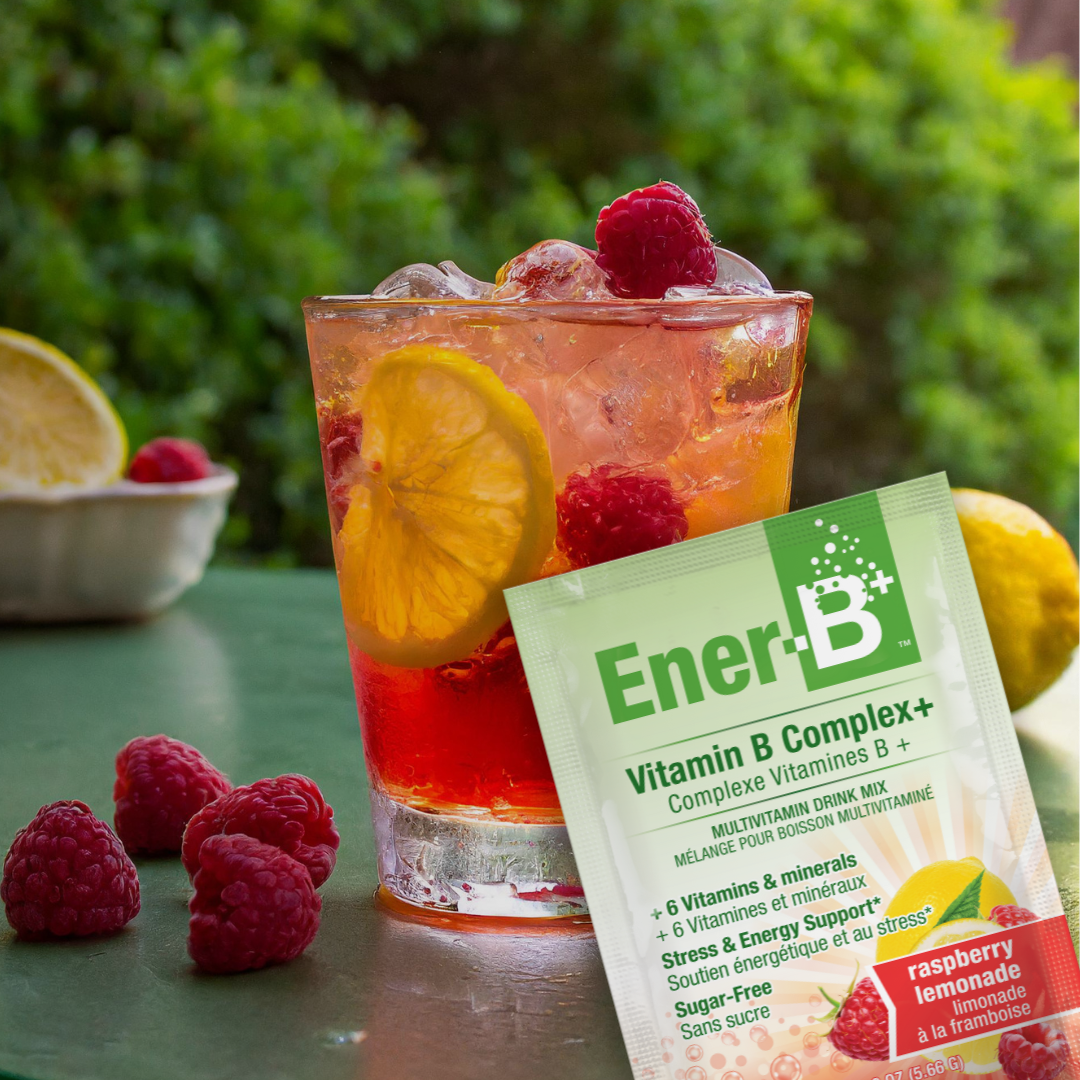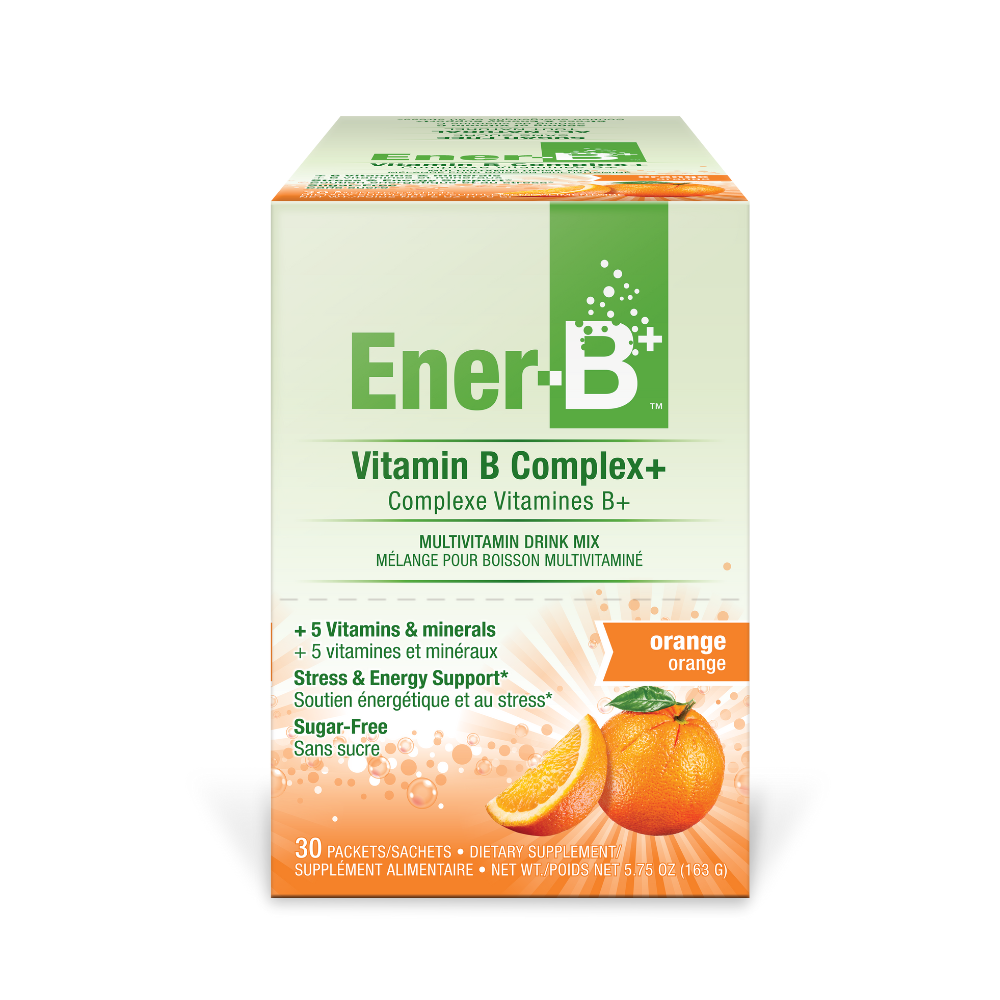
Making the decision to stop drinking alcohol is a commendable step towards improving your overall health. As your body begins to recover from the effects of alcohol, it’s essential to provide it with the nutrients it needs for optimal healing and restoration. Among the key nutrients that support this process are B vitamins and vitamin C. These vitamins play a crucial role in replenishing deficiencies, aiding in detoxification, and helping restore the balance of your body's systems. Here’s why these vitamins are particularly important when quitting alcohol.
Alcohol Depletes B Vitamins
Prolonged alcohol consumption can severely deplete the body’s stores of B vitamins. These vitamins—particularly B1 (thiamine), B6 (pyridoxine), and B12 (cobalamin)—are critical for various functions, including energy production, brain function, and the formation of red blood cells. Alcohol impairs the absorption and metabolism of these vitamins, which can lead to deficiencies that manifest in symptoms like fatigue, irritability, memory problems, and even nerve damage.
When you stop drinking, your body needs to replenish its B vitamin levels to repair damaged cells and support recovery. Adequate levels of B vitamins are especially important for stabilizing your mood, boosting energy levels, and improving cognitive function—key factors that help you stay committed to your sobriety.
Vitamin B1 (Thiamine): Protecting Brain and Nerve Health
Thiamine is one of the first nutrients to become depleted in those who drink heavily. A deficiency in B1 can lead to serious neurological conditions like Wernicke-Korsakoff syndrome, which affects memory and coordination. Replenishing thiamine is crucial for brain health, and its role in converting carbohydrates into energy makes it essential for regaining physical vitality after quitting alcohol.
By incorporating foods rich in thiamine, such as whole grains, legumes, and fortified cereals, or taking a B-complex supplement, you can help your body restore its balance and protect against long-term brain damage.
Vitamin B6 (Pyridoxine): Supporting Mood and Immune Health
B6 plays a critical role in neurotransmitter production, including serotonin and dopamine, which are responsible for regulating mood and feelings of well-being. Alcohol disrupts the body’s ability to synthesize these neurotransmitters, leading to mood swings, anxiety, and depression. Replenishing B6 helps to stabilize your mood and improve emotional resilience, which can be a challenge during early sobriety.
Additionally, B6 is vital for immune function, which can be compromised by heavy drinking. Supporting your immune system during recovery helps protect your body from illness and aids the healing process.
Vitamin B12 (Cobalamin): Rebuilding Red Blood Cells and Energy Levels
Vitamin B12 is essential for red blood cell formation and DNA synthesis. Alcohol-induced B12 deficiency can result in anemia, fatigue, and weakened cognitive function. Incorporating foods like lean meats, fish, eggs, and dairy into your diet—or taking a B12 supplement—can restore energy levels and support overall recovery.
Since B12 is not readily absorbed by the body after heavy drinking, many people benefit from supplementing with a high-quality, easily absorbed form of B12, such as methylcobalamin.
The Role of Vitamin C in Alcohol Recovery
Vitamin C is another nutrient that can become depleted with alcohol consumption. Known for its powerful antioxidant properties, vitamin C helps protect cells from oxidative stress caused by alcohol. It also plays a crucial role in collagen production, immune function, and the detoxification process, all of which are important for your body’s recovery.
When you stop drinking, your liver begins the work of detoxifying alcohol-related toxins, and vitamin C can aid in this process by supporting liver function. Additionally, vitamin C strengthens the immune system, which may be weakened after years of alcohol use, helping you fight off infections and improve overall health.

Combining B Vitamins and Vitamin C for Optimal Recovery
Taking a high-quality multivitamin that includes both B vitamins and vitamin C, like Ener-B+, can provide your body with the support it needs to recover after quitting alcohol. These vitamins work synergistically to promote healing, enhance energy production, and improve mental clarity. Foods rich in B vitamins and vitamin C, such as leafy greens, citrus fruits, nuts, and seeds, should also become staples in your diet.
By prioritizing nutrient replenishment, you’re giving your body the tools it needs to heal, regenerate, and thrive. With time, your physical and mental health will improve, and you’ll experience the lasting benefits of a balanced, vitamin-rich lifestyle.
Making the choice to stop drinking alcohol is a significant step toward better health, and the right vitamins can help speed up your recovery. B vitamins and vitamin C are not only essential for repairing the damage done by alcohol but also for empowering your body to regain strength and vitality.



